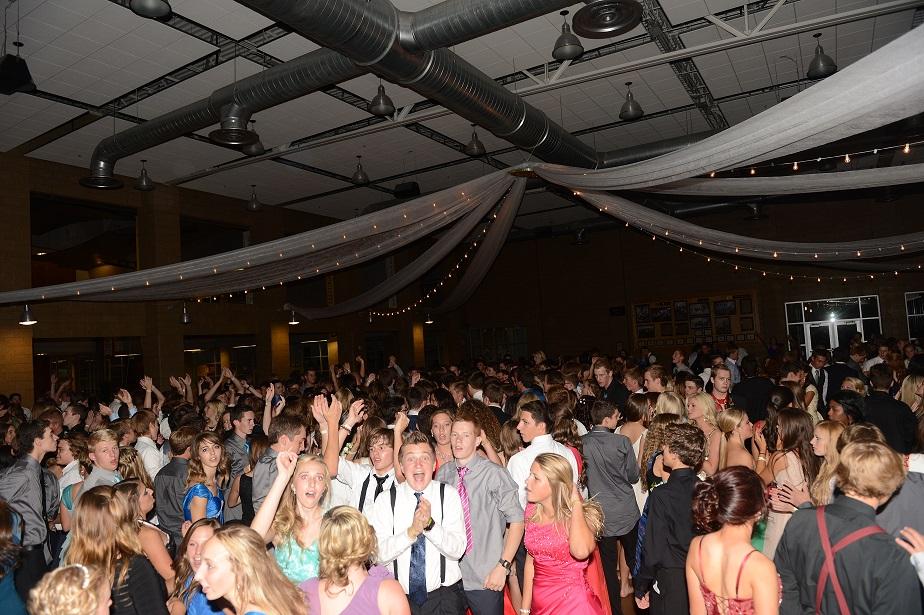Artificial Intelligence is getting scarily good at music. AI is advancing rapidly; it keeps
on getting better. While on the surface it may seem cool how good AI has gotten at music, there
are more scary layers to the issue. AI making music raises many concerns such as its
authenticity, creativity, ethical implications, and the stealing of music. While AI can do some
very impressive things musically, there is a risk that there will be a loss of unique music
identities. When humans make music, we bring in our culture and out experiences into the music
so that it will emotionally connect with other humans. Music is an art made by humans and for
humans. AI can try to replicate the art of music, but it will always be missing the most important
part, human connection.
Authenticity is a large problem for AI music. AI has the ability to analyze massive
amounts of data and to mimic different music styles with incredible accuracy. However, the
ability of AI raises the question on the originality of the music it creates as well as the emotional
depth of it. AI music lacks the personal experience and emotions is brought to music by the
human touch. Humanity is the driving force behind creating art. Lack of authenticity can result in
music that feels mechanical and devoid of soul.
Another area of concern regarding AI music is the creativity. AI algorithms can make
harmonies, melodies, and compositions, but the creative process involves more than just
combining patterns and structures. Creativity in music often comes from the human experience,
emotions, and the imagination, AI lacks all these elements. Therefore, AI music struggles to
capture depth and nuance that real music does. AI cannot innovate music; it can only copy.
The ethical implications of AI music are questionable. As AI becomes better, there will
be more concerns over copywrite issues, ownership of AI music, and possibly plagiarism. The
use of Artificial Intelligence to replicate or imitate artists’ styles can raise questions on the
artistic integrity and the value of artistic expression. There are many examples of AI copying
specific artists to try to make songs using that artist’s identity and individual style, this is a major
problem for the music industry. As AI gets better it will be able to more successfully steal artists
styles and even voices so that it is indistinguishable.
AI in music is a problem that needs to be dealt with. The risk of AI music has negative
implications for human art. AI music can do many cool things but it losses all unique musical
identity. Reliance on AI can dimmish diversity, creativity, and originality in art. It is hard to
argue for the ethics of AI music, given that it can be considered stealing. Perhaps, there could be
ethical guidelines put in use for AI, this could maybe save the future of the music industry as AI
grows smarter over time. Ai can attempt to take out melodies, harmonies, notes, and other
elements of music, but it can’t take our humanity.
on getting better. While on the surface it may seem cool how good AI has gotten at music, there
are more scary layers to the issue. AI making music raises many concerns such as its
authenticity, creativity, ethical implications, and the stealing of music. While AI can do some
very impressive things musically, there is a risk that there will be a loss of unique music
identities. When humans make music, we bring in our culture and out experiences into the music
so that it will emotionally connect with other humans. Music is an art made by humans and for
humans. AI can try to replicate the art of music, but it will always be missing the most important
part, human connection.
Authenticity is a large problem for AI music. AI has the ability to analyze massive
amounts of data and to mimic different music styles with incredible accuracy. However, the
ability of AI raises the question on the originality of the music it creates as well as the emotional
depth of it. AI music lacks the personal experience and emotions is brought to music by the
human touch. Humanity is the driving force behind creating art. Lack of authenticity can result in
music that feels mechanical and devoid of soul.
Another area of concern regarding AI music is the creativity. AI algorithms can make
harmonies, melodies, and compositions, but the creative process involves more than just
combining patterns and structures. Creativity in music often comes from the human experience,
emotions, and the imagination, AI lacks all these elements. Therefore, AI music struggles to
capture depth and nuance that real music does. AI cannot innovate music; it can only copy.
The ethical implications of AI music are questionable. As AI becomes better, there will
be more concerns over copywrite issues, ownership of AI music, and possibly plagiarism. The
use of Artificial Intelligence to replicate or imitate artists’ styles can raise questions on the
artistic integrity and the value of artistic expression. There are many examples of AI copying
specific artists to try to make songs using that artist’s identity and individual style, this is a major
problem for the music industry. As AI gets better it will be able to more successfully steal artists
styles and even voices so that it is indistinguishable.
AI in music is a problem that needs to be dealt with. The risk of AI music has negative
implications for human art. AI music can do many cool things but it losses all unique musical
identity. Reliance on AI can dimmish diversity, creativity, and originality in art. It is hard to
argue for the ethics of AI music, given that it can be considered stealing. Perhaps, there could be
ethical guidelines put in use for AI, this could maybe save the future of the music industry as AI
grows smarter over time. Ai can attempt to take out melodies, harmonies, notes, and other
elements of music, but it can’t take our humanity.

























